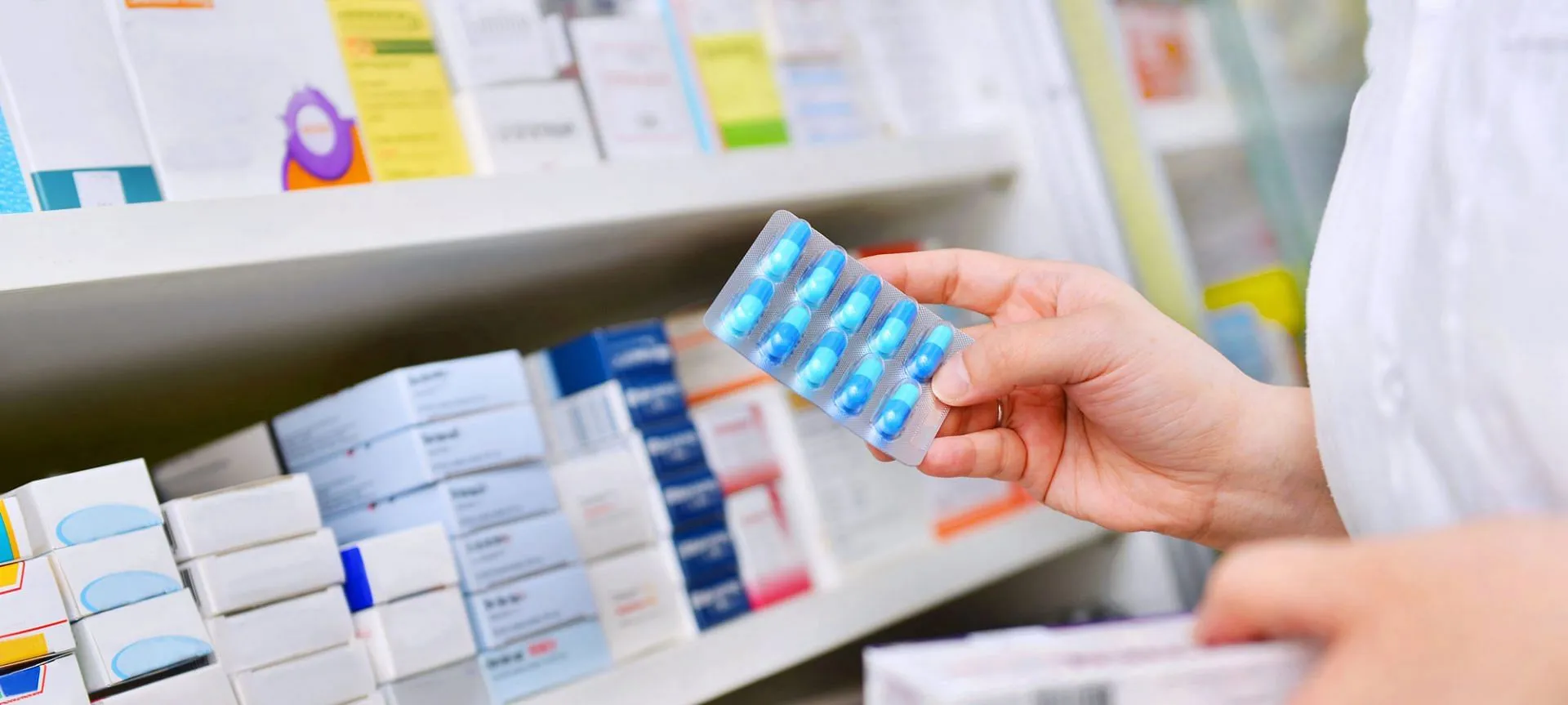Pharmacists represent the third largest healthcare professional group in the world working in various positions, applying their unique knowledge and skills and contributing to health of people. At international level, pharmacy and pharmaceutical sciences is represented by International Pharmaceutical Federation (FIP) which is a global organization formed in 1912. Its mission is
“To improve global health by advancing Pharmaceutical education, Pharmaceutical science and Pharmaceutical practice thus encouraging, promoting and advocating better discovery, development, access to and responsible use of appropriate, cost effective and quality medicines worldwide”.
Pharmacy is an integral part of health care system and pharmacists are regarded as “experts of medicine” However when it comes to &K a big question comes to the fore. Are our pharmacists really exerts of Medicine? Pharmacy is a profession involved in compounding, storage, dispensing, quality control, quality assurance and other important aspects related to medicine.
Pharmacists are most assessable health care professionals and fully competent in all aspects of medicine. Pharmacy throughout the world is expanding in new directions to meet health care needs. The term “Ask your Pharmacist” is becoming increasingly common. The principal professional categories of pharmacists are: community and hospital pharmacists, industrial pharmacists particularly having expertise in pharmaceutical technology, researchers and specialists in various scientific aspects of medicine, teachers imparting education in pharmacy and managers and administrators of pharmaceutical services.
The education regulations regarding pharmacy aims at prescribing the minimum standards of education required for the qualification pharmacists. The core areas/subjects of pharmacy at diploma and undergraduate and are pharmaceutical jurisprudence – It is concerned with laws governing procurement, storage, dispensing of drugs and related substances; pharmaceutics – It is primarily concerned with various dosage forms and technology behind their development; pharmaceutical chemistry – it includes organic, inorganic, medicinal and analytical chemistry of drugs; pharmacology – it is concerned with mechanism of action, adverse effects, side effects, food and drug interactions of drugs; hospital & clinical pharmacy/pharmacy practice –
It is the science and practice of rational medicine use for promotion of health, wellness, prevention and treatment of disease primarily at hospitals, clinical set ups and communities; pharmacognosy – It deals with plants acting as source of drugs including their standardization and phyto-chemistry. It is thus imperative that the complete understanding of afore mentioned subjects is very much necessary for a pharmacist to become an “expert” of medicine and contribute to health care system. However most unfortunate part with J&K in this matter is that majority of people practicing pharmacy profession either in health care systems or retail pharmacy neither have degree in pharmacy nor diploma in pharmacy.
However a big question arises how such persons get registered as it indicates a clear violation of “The Jammu & Kashmir Pharmacy Act-2011”. It is pertinent to mention that medical assistant is a separate program and none of the subjects in its curriculum matches with that of diploma pharmacy. It is quite logical that persons practicing pharmacy without studying the subjects/curriculum of pharmacy could end up harming a patient. As there goes a saying “Poison in safe hands becomes medicine and medicine in wrong hands becomes poison”.
Because of “unqualified” persons practicing pharmacy people of J&K have paid the price like: development of antimicrobial resistance due to irrational dispensing of antibiotics; rise in counterfeit medicines; toxicity due to dispensing of medicines having narrow therapeutic index which is at times life threatening and illegal sale of drugs having abuse potential. Pondering upon the situation another question arise “where are our qualified pharmacists? It is a matter of concern and onus lies on the state for not developing the institutions of pharmacy and for not promoting pharmacy education.
A look at the data about number of pharmacy institutions at degree and diploma level in J&K and its neighboring states explains the situation. While J&K has just four institutions, their number is 90 in Punjab; 78 in Haryana; 41 in Uttarakhand and 170 in Uttar Pradesh. Another important aspect is failure of quality control and quality assurance related to the use of medicines. Since this job is being done by drug inspectors, however currently state has limited number of drug inspectors, which ranges from two to three per district.
But we must understand that there has been mushroom growth of pharmacy retail shops from past 15 years and hence it is practically impossible for a drug inspector to reach each and every retail shop to check documentation and collect samples. Thus comprehensive steps must be taken for the development of pharmacy services which will ultimately help in improving of health care system of the state.
Some steps which can help in this direction include registering only those candidates as pharmacists having valid degree or diploma in pharmacy and strict implementation of J&K Pharmacy Act, 2011, increasing number of pharmacy institutions, like other states diploma pharmacy, being technical course, could be started in various polytechnique colleges and increasing number of drug Inspectors up to not less than five per block for strong quality control and implementation of drug laws.
The onus is on the government for promoting pharmacy education and upgrading the standards of pharmacy professional services offered to the people and to provide efficient, safe, rational and cost-effective pharmacotherapies to those who need them.
(The author can be reached at gazanfarahmads@gmail.com. These views are personal and not of the institution I work for).






